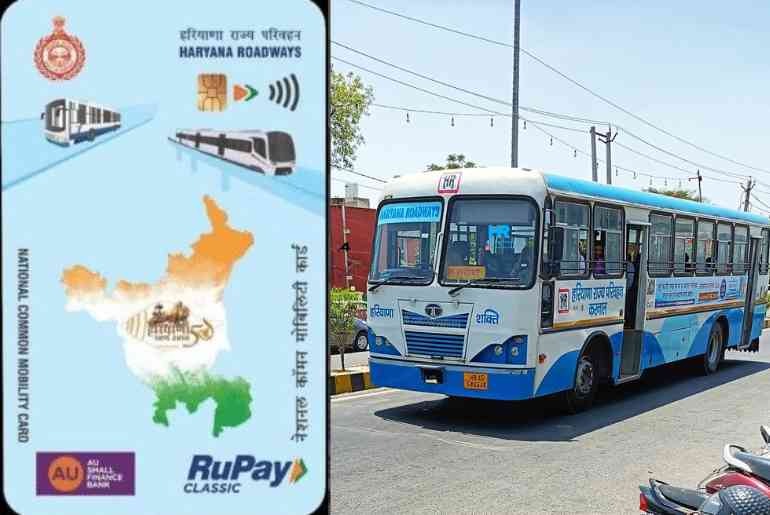 Image Source: Business Standard
Image Source: Business Standard
India’s longawaited labour reforms are inching toward implementation, promising to simplify compliance and expand worker protections—but not without stirring debate. The four new labour codes, passed between 2019 and 2020, aim to consolidate 29 existing laws into a streamlined framework covering wages, social security, industrial relations, and occupational safety. While the Centre has yet to notify a national rollout date, several states have begun aligning their rules, setting the stage for a phased transition.
Simplified Compliance
-
MSMEs stand to benefit most, with compliance filings reduced by over 90%
-
Registers cut from 76 to just 2–3 under the OSH Code; returns consolidated into a single filing
Worker Protections Expanded
-
Universal minimum wage, digitized wage records, and mandatory appointment letters
-
Gig and platform workers now eligible for social security schemes
Flexible Work Models
-
4day workweek option introduced with longer daily hours
-
Fixedterm employment recognized, with gratuity eligibility after just one year
Controversial Provisions
-
In Delhi, layoffs allowed without prior approval for firms with up to 200 employees
-
Night shifts for women permitted with consent, sparking safety and equity concerns
Phased Rollout
-
Large firms (>500 employees): Immediate compliance
-
Medium (100–500): Transition period
-
Small (<100): Up to two years for full adoption
India’s labour overhaul promises efficiency and inclusion—but balancing employer flexibility with worker rights remains a tightrope walk.
Source: Moneycontrol, Economic Times, Legal Service India
Advertisement
Advertisement






